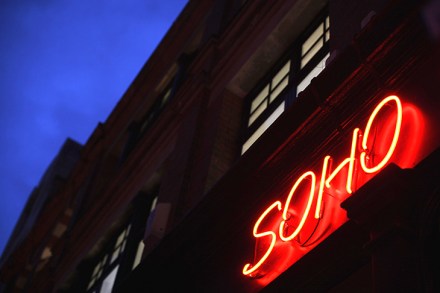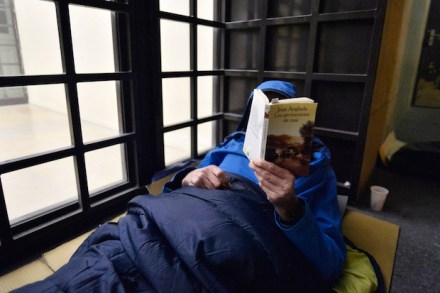How clever are ravens? I asked at the Tower
On Tower Hill, by the east wall of Beauchamp Tower where Robert Dudley was imprisoned for a year, a raven called Merlin hides behind a yucca plant. I know she’s there because the Ravenmaster told me. He knows she’s there because Merlin (a female) and he are bonded and they keep tabs on each other throughout the day. As he walks across Tower Green, he whistles to her, and in reply, from the shadows, comes a low, metallic, caw. Ravens pair up for life, for the most part, and Merlin, who dislikes the other ravens, has chosen Chris, the Tower of London’s Yeoman Warder Ravenmaster, as her mate. As he



















